About » FAQs
Here are the answers to many of our most frequently asked questions. You can also use the search bar to find what you’re looking for. Still need help? Contact us.
What are the minimum acceptance requirements?
Southeastern considers many aspects of a student’s academic and personal background when deciding admission status.
When is the deadline to apply?
At Southeastern University, students can apply at any time prior to the Fall or Spring semester for which they are hoping to enroll. We do offer priority deadlines, which allow for certain benefits, such as earlier acceptance decisions, more opportunities for financial aid, early registration options, and a higher likelihood to receive preferred housing and roommate selections.
SEU has the following priority deadlines for students entering in the fall semester:
What is the enrollment confirmation fee?
This $200 deposit is required of all accepted students who plan to attend Southeastern University. It saves your spot at SEU, guarantees that your class schedule will be completed, and that your on-campus housing will be reserved. The priority deadline for the enrollment confirmation fee is May 1 for the fall semester and November 1 for the spring semester. The deposit will be reflected as a credit on your student account.
Once I’ve completed my application, how long until I know whether I’m accepted?
We typically will have a decision on your application within two weeks of when all of your materials have been submitted. During certain seasons, the volume of applications will mean it could take longer, while other times decisions will happen quickly. If you have any questions or need updates during the process, feel free to contact your enrollment counselor. (Find your enrollment counselor here.)
How can I send in my application pieces/paperwork?
We prefer to receive most application materials through your personal application status link, which will be emailed to you upon completion of your application.
Official transcripts can be sent electronically or mailed to:
Southeastern University
Attn: Office of Admission
1000 Longfellow Blvd.
Lakeland, FL 33801
What are the steps I need to take to enroll at SEU?
The first step in the admission process is to complete your application using our convenient online application. Once you have completed the application, you will be provided with your next steps needed for acceptance, which include submitting a Christian character reference, a biographical essay, and transcripts. Your enrollment counselor can answer specific questions regarding your admission status and any incomplete steps. You can also view a step-by-step guide here.
How do I audition for admission to a music program or for music scholarships?
Visit this page for details.
Where can I view SEU’s admission policies?
You can read Southeastern’s Admission Policy Manual by visiting the current Traditional Undergraduate section of the university catalog and choosing “Admission Policy Manual.”
What is required for transfer students? Will you accept all of my credits?
You are considered a transfer student if you have taken 12 or more college credit hours after high school graduation. Visit our Transfer Students page for more details.
As a transfer student, am I required to take a certain number of religion courses?
All SEU undergraduate degree programs require Bible/theology courses in the Foundational Core. Some of these courses may be waived for students transferring 47 or more credits into SEU (a sliding scale determines which Foundational Core Bible/theology courses may be waived). Students in the Barnett College of Ministry & Theology must take all of the Foundational Core Bible/theology courses, regardless of the amount of credit they may transfer into SEU.
Southeastern University is a diverse and global community. We have students on campus from dozens of countries and foreign territories around the world. We are proud of our reputation at SEU as a welcoming college to students from many backgrounds. Visit this page for details, including the answers to FAQs.
How does the admission process work if I am homeschooled?
We pride ourselves in being an exceptional college choice for home-schooled students, and part of our commitment to serving home-schooled families comes through the admission process. Since many homeschoolers do not study under the umbrella of a local school district or a home-schooling agency, Southeastern permits you to create a transcript of your high school course work. Transcripts should include all courses taken in grades nine through 12, as well as final grades and final cumulative GPA.


What financial aid options are available to students?
Southeastern University offers numerous scholarships and grants to incoming students, in addition to grants and loans available from state and federal governments. Scholarships include those based on academic merit as well as on performance ability in areas such as the fine arts and athletics. We also have special programs available for ministry leaders and their families, both within the Assemblies of God and other denominations. To see a complete list of the scholarship, grant and loan programs available at SEU, click here.
What is Southeastern University’s FAFSA school code?
Our code for FAFSA purposes is 001521.
How do I access Net Partner, SEU’s student financial aid online portal?
Students must log in to the SEU Financial Aid Portal to check their status and complete their financial aid award process. If it’s your first time logging in, you’ll need to choose “First Time User” and use your student ID to set up your PIN. Otherwise, use your PIN to sign in and explore your financial aid information.
Does SEU offer payment plans?
Yes. Southeastern offers affordable payment plans for all students regardless of need or financial standing. Visit this page for more details.
How many credit hours must I take in order to be eligible for financial aid?
You must be enrolled for at least six credit hours for federal loans and at least 12 credit hours for state and institutional financial aid.
How do I take out student loans?
What is a subsidized student loan?
A subsidized student loan offered by the government does not earn interest until after you leave or graduate from college. Neither the loan nor the interest is due until six months after you leave or graduate from college, and then the balance is divided into monthly payments over several years.
What is an unsubsidized student loan?
An unsubsidized student loan offered by the government earns interest as soon as the funds are applied to your account. Neither the loan nor the interest is due until six months after you leave or graduate from college, and then the balance is divided into monthly payments over several years.
What is the parent PLUS loan?
Parents may be eligible (based on credit) to take out a loan to help cover the cost of their students’ education.
What is the interest rate on government loans?
The interest rate depends on many factors, including the type of loan. Federal interest rate information can be found here.
How long does it take to repay loans?
This depends on the amount of your loan, its interest rate and the length of time preferred. Click here for a helpful tool in determining how long it will take you to pay back your loans.
What is student entrance counseling?
This is information provided to you by the federal government to help you understand the process of taking out a loan and how loans work.
Some student positions are eligible for Federal Work Study. Learn more here.
Questions
Contact Student Financial Services at sfs@seu.edu.
Does SEU accept Florida Prepaid?
Yes. Students may use their Florida Prepaid funds toward applicable educational expenses as allowed by the program.
How much will Florida Prepaid cover?
The amount of tuition and fees covered by Florida Prepaid depends on your choice of the restricted payment option or the unrestricted payment option on the required transfer form, which you must complete and submit in order to authorize payments to be made on your account. Any balance not covered by Florida Prepaid or other sources of aid must be paid in full by its due date.
Does SEU accept the EASE Grant?
Yes. Students may use their EASE Grant funds toward applicable educational expenses as allowed by the grant.
Does SEU accept Bright Futures?
Yes. Students may use their Bright Futures funds toward applicable educational expenses as allowed by the Bright Futures Scholarship.
I’m a VA student and would like to use my benefits. How do I start the process?
Submit a copy of your Certificate of Eligibility (COE) to one of our VA certifying officials at SEU. Once your COE has been received, you will be sent a VA Request Form to request which semesters you would like your enrollment certified to the VA. After the drop/add period, your enrollment will be submitted to the VA but can take up to 14 days to process.
I do not have a Certificate of Eligibility (COE). How do I get one?
Visit va.gov to register for an account, select “Apply for Education Benefits,” and complete the electronic application. The VA will take up to 30 days to process your application and will send you the Certificate of Eligibility upon completion.
I am using Chapter 31-Veteran Readiness Employment benefits. What do I need to provide to SEU for them to cover my tuition?
Chapter 31 benefits will not provide you with a certificate of eligibility. Work with your vocational rehabilitation counselor (VRC) through Veteran Affairs to determine which educational expenses are covered under your benefits. To apply for Chapter 31, click here.
You will need to complete a new VA Request Form each year with SEU, and work with your vocational rehabilitation counselor (VRC) through Veteran Affairs to submit a purchase order for billing.
I have not received my first payment. What should I do?
The VA does not send monthly payments until after the first month of classes has concluded. Check with the SEU certifying official to make sure you completed the VA Request Form for the appropriate semester. If you still believe there may be an unresolved issue, please reach out to the VA Education hotline at 888.442.4551.
I am using tuition assistance to help cover my tuition balance. Is there anything I need to know?
Tuition assistance must be submitted in the proper portals according to your military unit and is approved by SEU after the drop/add period. Tuition Assistance is often sent late in the semester and only coves a portion of charges. It is not intended to be used toward securing financial clearance. Please reach out to Student Financial Services if you have specific questions.
I received a notification that I will be dropped from my courses, but I will be covered by my VA benefits. Should I be worried?
If you are eligible for Chapter 33 Post 9/11 benefits at 100% tuition coverage, or you are a Chapter 31 Vocational Rehab student, you will not be dropped from your classes as long as you have provided the COE and completed the VA Request Form. All other chapters of VA benefits will be required to have a plan of payment in place to be financially cleared.
Why is my monthly stipend smaller than I expected?
Monthly housing allowance or stipends are based on your benefit-type eligibility, delivery of education, rate of pursuit, and dates of enrollment. Dates of enrollment include semester (16 week) and session-based (8 week) classes. If you have questions on how your payments have been calculated, please reach out to the VA Education hotline 888.442.4551.
How do I verify my enrollment to continue receiving housing allowance payments (For Chapter 33, Chapter 30 or 1606)?
If you are a student using Chapter 33 Post 9/11 benefits, you must complete a monthly enrollment verification to keep receiving housing payments from VA. Two missed certifications will cause a delay in housing payments.
To set this up, call the Education Call Center (ECC) at 1.888.GIBILL.1 (1.888.442.4551) or watch this video for instructions. They can also help you opt in to text verification to make future verifications easier. If you are using Chapter 30 benefits, you must verify your enrollment through WAVE.
What happens to my monthly housing allowance if I drop or withdraw from a class after my VA enrollment has been invoiced?
If you withdraw from one or more classes after the drop/add period, SEU is required to report your change to the VA and your monthly housing allowance will be affected. In rare cases, you may be required to pay back a housing payment. Please check with the certifying official at SEU if you have specific questions.
Military Leave of Absence Policy
Military Leave of Absence Checklist
Visit SEU.edu/veterans for additional information. Please contact nlwolfe@seu.edu with any questions.
Which items do I need to bring?
Linens, blankets, bedspread, pillow, towels, wash cloths, toiletries, clothes, clothes hangers, laundry bag, umbrella, school supplies, cleaning supplies and other personal items will help students feel at home. Visit our Student Life page for more details.
Which items are not permitted?
Pets, room modifications (nails, paint, wallpaper, masking tape/double sided tape, etc.), items with open flames (candles, incense, etc.), air fryers, halogen lamps, fireworks, firearms or other weapons, couches, recliners, futons, oversized bean bag chairs, and other large items of furniture (due to limited space). Wood products are permitted only after inspection by residence hall staff for insects.
Is WiFi/internet access available in all residence halls?
Yes, SEU provides wireless and wired connectivity options in the residentials rooms. SEU does not allow the use of any personal networking equipment (routers, switches, access points, wireless extenders, etc.). We provide limited support for IoT devices such as Google Home, Alexa, smart plugs, etc.
Are small appliances allowed in the rooms?
Small appliances, such as stereos, televisions,
DVD/Blu-Ray players, microwaves, mini-refrigerators
(no more than 35″ H, 26″ D, and 24″ W”), computers/laptops, vacuum cleaners, clothes irons, oscillating fans, etc., are allowed. Cooking appliances with open burners are not allowed in the residence halls, such as toaster ovens and Foreman-type grills.
What kind of amenities are available?
Visit our Student Life page for a list of the amenities available on campus.
Is there housekeeping for my dorm room?
Our housekeeping team will clean bathrooms on a bi-weekly basis (with the exception of Bethany & Bauer Hall, which are cleaned daily). Students are responsible for maintaining the cleanliness of their dorm room and cleaning their bathroom in between housekeeping visits.
Q: If I already sent in my roommate request, do I still need to participate in the roommate matching software?
A: Yes! All students requesting a roommate must match with their roommate on My College Roomie. This ensures that we do not miss your request and can accommodate accordingly. View the process here.
Q: Do I need to complete a new Enrollment Confirmation Form?
A: Nope! You can move forward with completing your housing application.
Q: How do I request housing accommodations?
A: Please reach out to campuslife@seu.edu as soon as possible so we can connect you with ADA Services to discuss your needs.
What is Southeastern’s housing policy?
Southeastern’s housing policy states that single students who are 22 years of age and younger must live on campus unless they are living with their legal guardian(s) in their primary residence (Students must physically live with their relative, not in a house owned or leased by them, and documentation will be required.). It is the policy of the university to provide on-campus housing for undergraduate students under the age of 24. The university is unable to provide housing for students who are age 24 or older, married, or have children; however, exceptions for age are considered through an appeal process.
What does it cost to live on campus?
Find the latest tuition & fees here.
How many academic credit hours do I need to live on campus?
Students need at least 10 credit hours to live on campus. If you have any questions, reach out to our Campus Life Office at campuslife@seu.edu.
(Note: Students taking less than 10 credit hours who would like to live on campus may make a request in writing; situations are evaluated on a case-by-case basis.)
What is SEU’s curfew?
All residents 19 years of age and under are subject to a 1:00 a.m. curfew at all times, meaning they must be on campus no later than 1:00 a.m. each night. There is no curfew for residents 20 years of age and older. However, all students on campus after 1:00 a.m. are required to be in their room, in a designated 24-hour space, or traveling to or from their room or a designated 24-hour space. There is to be no loitering outside of a student’s assigned room or outside of a designated 24-hour space for any reason after 1:00 a.m. Any student who lives off-campus is required to leave the campus by 1:00 a.m.
Do you have 24-hour spaces?
Yes! Our 24-hour spaces include Mi Casa, Portico, and Buena Vida West Mezzanine.
What is Open Dorm?
Open Dorms are our opposite-gender visitation times throughout the week. Each hall has different scheduled days and times for visitation hours. Ask your Resident Assistant about your hall’s specific schedule.
What is FERPA?
As an institution receiving federal funds, SEU complies with the obligations under the Family Educational Rights and Privacy Act of 1974 (“FERPA”) to maintain the privacy of a student’s education record and to prevent the unauthorized disclosure thereof. (20 U.S.C. §1232g; 34 CFR 99.)
The Family Educational Rights and Privacy Act (FERPA) (20 U.S.C. § 1232g; 34 CFR Part 99) is a Federal law that protects the privacy of student education records. The law applies to all schools that receive funds under an applicable program of the U.S. Department of Education.
FERPA gives parents certain rights with respect to their children’s education records. These rights transfer to the student when he or she reaches the age of 18 or attends a school beyond the high school level. Students to whom the rights have transferred are referred to below as “eligible students.”
Schools may disclose, without consent, “directory” information such as a student’s name, address, telephone number, date and place of birth, honors and awards, and dates of attendance. SEU notifies students annually of their rights under FERPA.
Can we choose which dorm we live in and our roommate(s)?
All students may request to live in any residence hall and with any specific student. If a vacancy is not available in the requested residence hall at the time of assignment, the Campus Life office will work to accommodate the alternate preferences as space is available. The housing application has a location to request a specific roommate. His or her full name must be included. The Campus Life office is only able to accommodate the request if space allows and if the request is mutual. If the person you request to room with is also a new student, you must match with the student on My College Roomie in order for your request to be processed.
What do I do for Move In Day?
Make sure you’re Fire Ready! Sign up for a check-in appointment and arrive at your designated Residence Hall at your scheduled time. Complete a room inspection with your Resident Assistant and then move in. For more information, check out our Welcome Week/Orientation page!
How do I relocate?
After the resident checks into their residence hall assignment, he/she may wish to relocate into another residence hall location. Relocation requests can be made after add/drop. Students who request a relocation due to roommate conflict are required to complete the roommate conflict mediation process before a relocation request will be reviewed. Residents can reach out to their Community Coordinator for more information as to how to make these requests. Approved relocations must take place during office hours, as communicated by the Campus Life department.
What are room inspections?
The Campus Life office conducts cleanliness inspections to ensure a healthy and safe living environment that is conducive to living and learning. It is the responsibility of the resident to be considerate of roommates and suitemates and keep their rooms neat and clean at all times. The Campus Life office reviews all aspects of a room in light of health issues, trash, safety, and the ability for Housekeeping to complete their assigned work.
Rooms are graded on an Excellent, Pass, or Failure system. If a room receives an Excellent rating, the names of all roommates are placed in monthly drawings for prizes including reserved parking and gift cards. If a room fails the room inspection, the first failure of the semester results in a written warning. Each failed room inspection after the written warning will result in a monetary sanction placed on the student account. Only one grade is given per room because roommates are jointly responsible for the condition of the room.
If students would like to complete a Roommate Agreement regarding the cleanliness of their room they can see their Community Coordinator. Roommate Agreements are recommended for all students living with a new roommate for the first time.
What do I do if damage occurs in my room/suite?
We understand that accidents happen, whether it be spilling a drink or something breaking. The first thing to do is evaluate the mess – if you’re able to clean up the mess, we ask that you do so. If the mess is beyond what you’re able to handle, please place a work order right away. Many spills can be cleaned by Housekeeping if addressed immediately rather than waiting until the end of the semester/year where it becomes harder to clean, resulting in permanent stains. The second thing is to own up to the accident. If you caused the damage, email campuslife@seu.edu to take responsibility for the charges. If a resident doesn’t take responsibility for the damage, the Campus Life office has no alternative but to split the charges among all the residents in the room/suite.
How can I put in a work order?
To submit a work order, log in to MySEU. On the top of the page select “Campus.” In the drop down menu select “Facilities Management.” On the landing page click “work request form.” After being redirected to the SchoolDude site, follow the prompts on the page.
What are hall meetings?
Hall meetings are held at the beginning and end of each semester. These meetings cover everything students need to know about living on campus including our campus life policies and processes. Every student must attend their designated meeting.
What are your community standards?
For detailed information on our community standards, please refer to the Student Handbook (located within the MySEU student intranet).
What is a Community Coordinator?
Community Coordinators (CCs) are full-time staff members of Southeastern University (SEU) who reside on campus. They are a vital part of the Campus Life team, serving as leaders and educators within the residential community. The CC is dedicated to creating a Christ-centered environment where students can thrive academically, socially, and spiritually. They implement and facilitate intentional learning through a curriculum and clearly defined learning objectives, helping students grow and achieve their divine design in Christ.
Community Coordinators report to the Director of Campus Life and follow the expectations and responsibilities outlined in their position description. Their role includes, but is not limited to, managing the administrative functions of their residential area, supervising student leaders, and providing individualized support to students. CCs also coordinate co-curricular and educational opportunities through various programs and activities, working to create an inclusive, safe, and engaging living-learning environment. They interact regularly with facility management and other campus departments to ensure the residential spaces are well-maintained and conducive to growth and development for all students.
What is a Resident Assistant?
Resident Assistants (RAs) are current students that have been selected to serve as leaders on SEU’s campus. The role of RAs is to facilitate the academic, social, spiritual, and personal adjustment of students to the residence hall and the University. RAs play a large part in the successful adjustment to life at Southeastern University for their fellow students, which occurs through genuine connection, positive role models, and the embrace and engagement of SEU’s mission and culture.
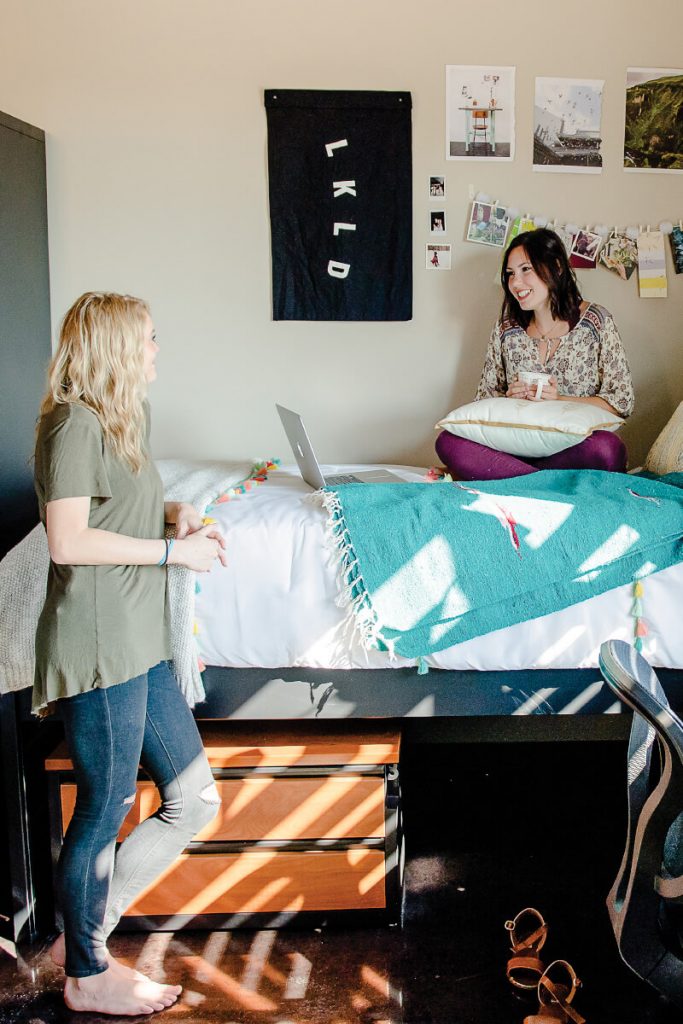

The SEU Information Technology Office provides resources and support to students, faculty and staff.
To get help with a technical issue:
How do I activate my account and set my password?
Please visit this page for full instructions.
How do I log in to the internet?
You will be able to log in to the Internet once you have activated your account (see above).
How do I access my SEU applications?
Your SEU apps include MyPortal (JICS), MyFire, SEU Email, Library, and MySEU.
What technology is available to students?
Do you need guidance on which courses to register for to stay on track for graduation, and/or help with class registration? Learn all about academic advising below.
You are assigned two academic advisors based on your major. All students are assigned to a dedicated faculty advisor and staff advisor in support of your academic journey. (If you change your major, your advisors will also change.)
Your faculty advisor is your initial point of contact for course selection, career advice, and academic mentorship.
Your staff advisor (within the Office of Advising, listed below) is your secondary support in areas of general advice, major selection, degree audit questions, and graduation readiness.
Advisor & Area of Study

arschirtzinger@seu.edu Make a Virtual Appointment
Business, Music, Organizational Leadership, Tourism & Hospitality, Legal Studies, Tech Certificates, Trades
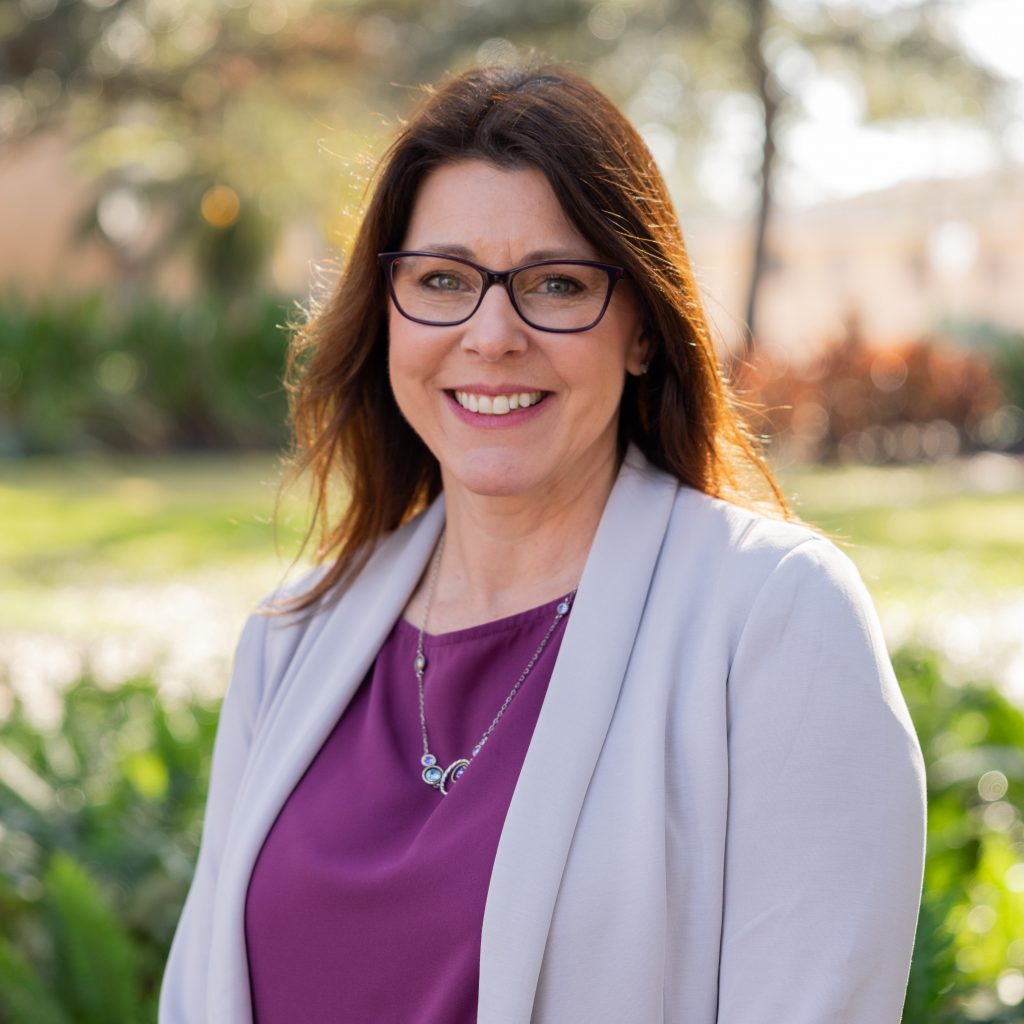
dlhollis@seu.edu
Make a Virtual Appointment
Mathematics, Natural Sciences
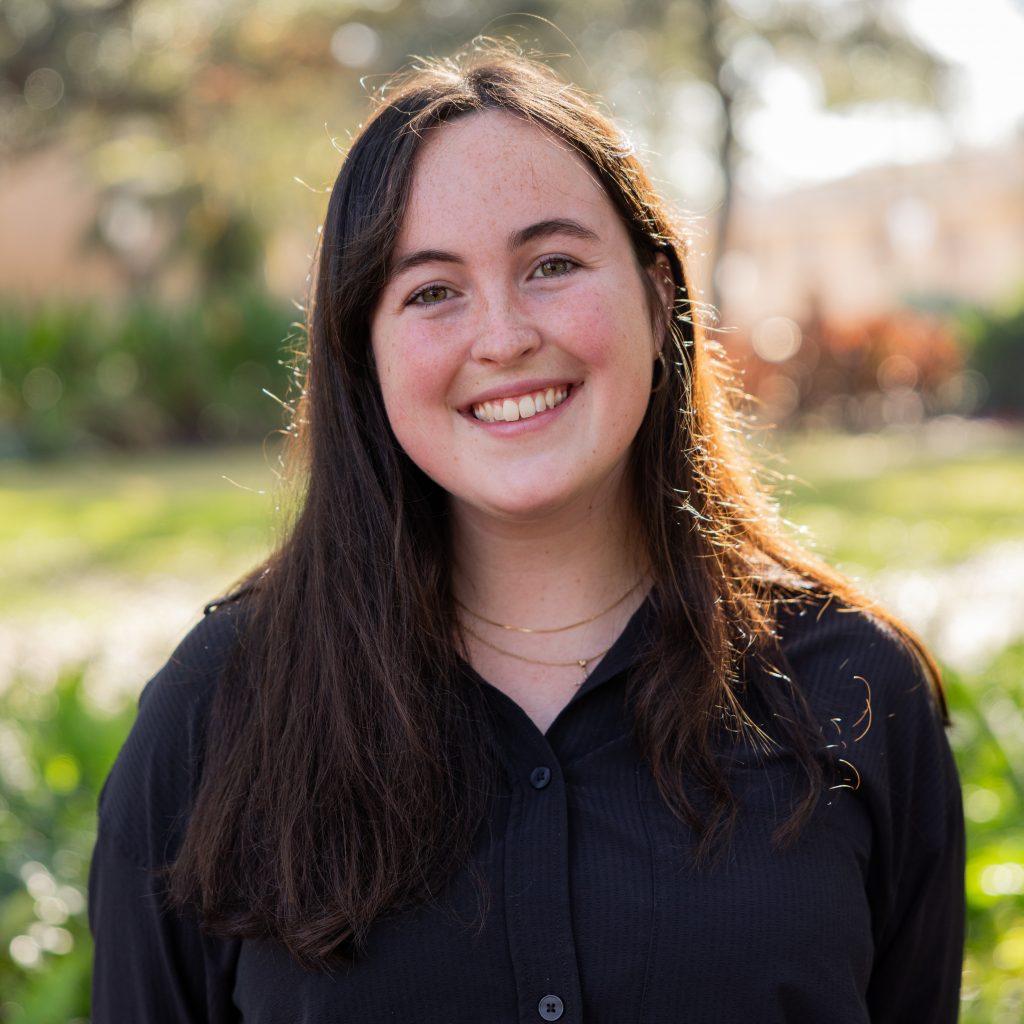
Make a Virtual Appointment
Psychology, Social Work, Criminal Justice, Education, Ministry & Theology
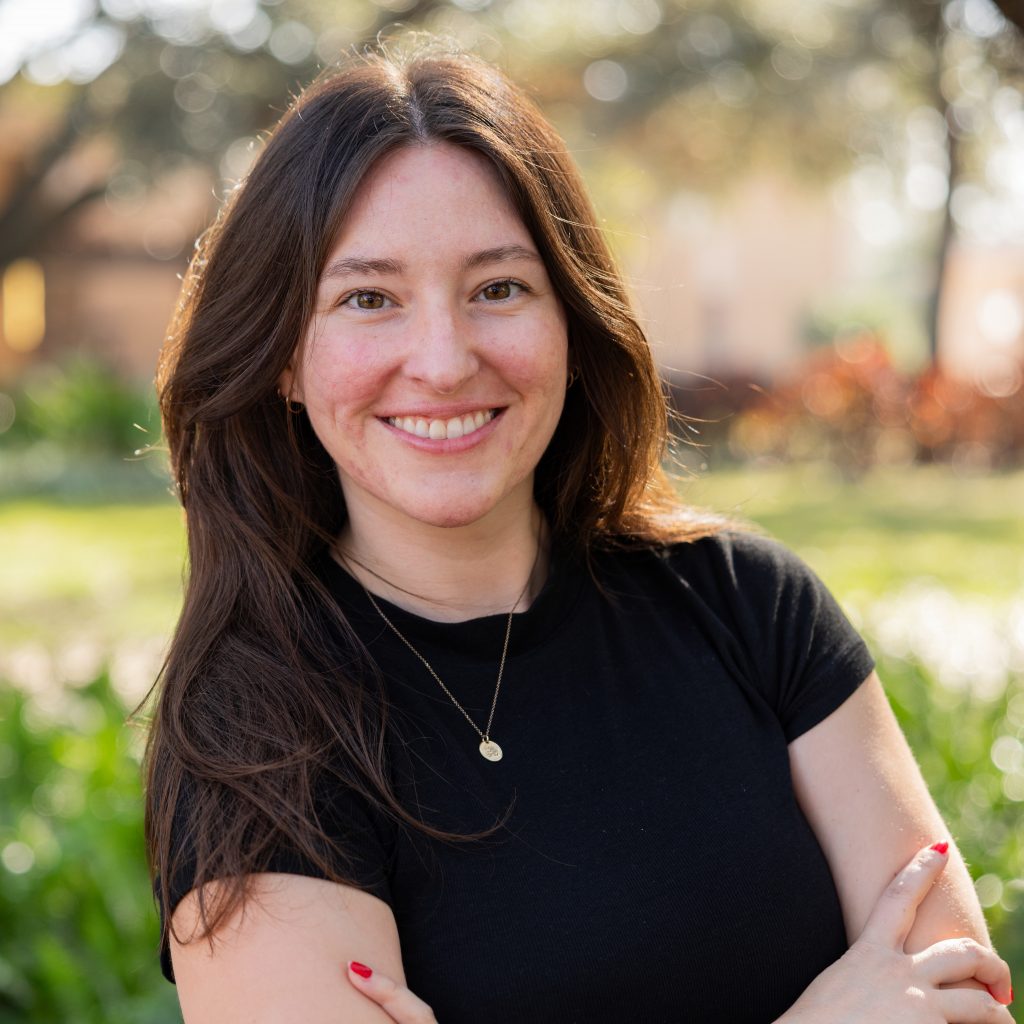
jnsimi@seu.edu
Make a Virtual Appointment
Nursing, Communications, Humanities
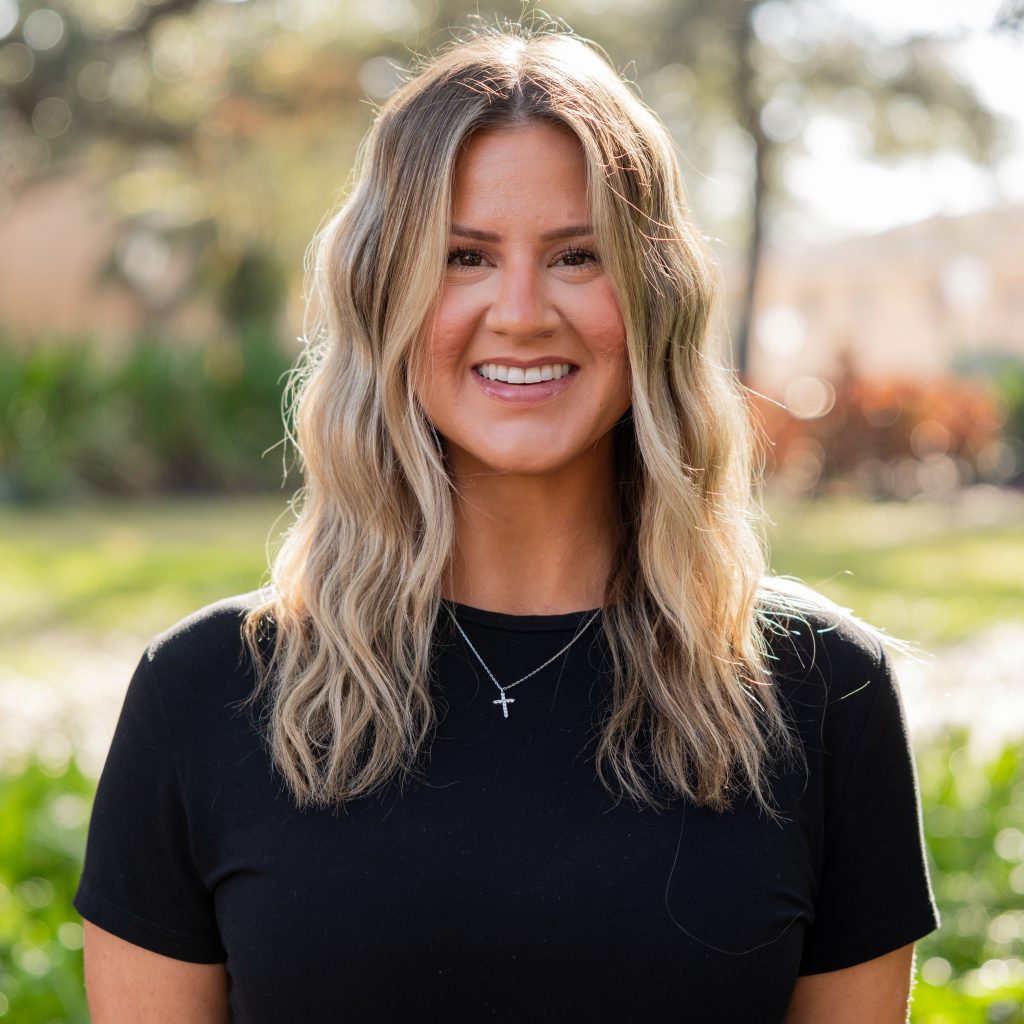
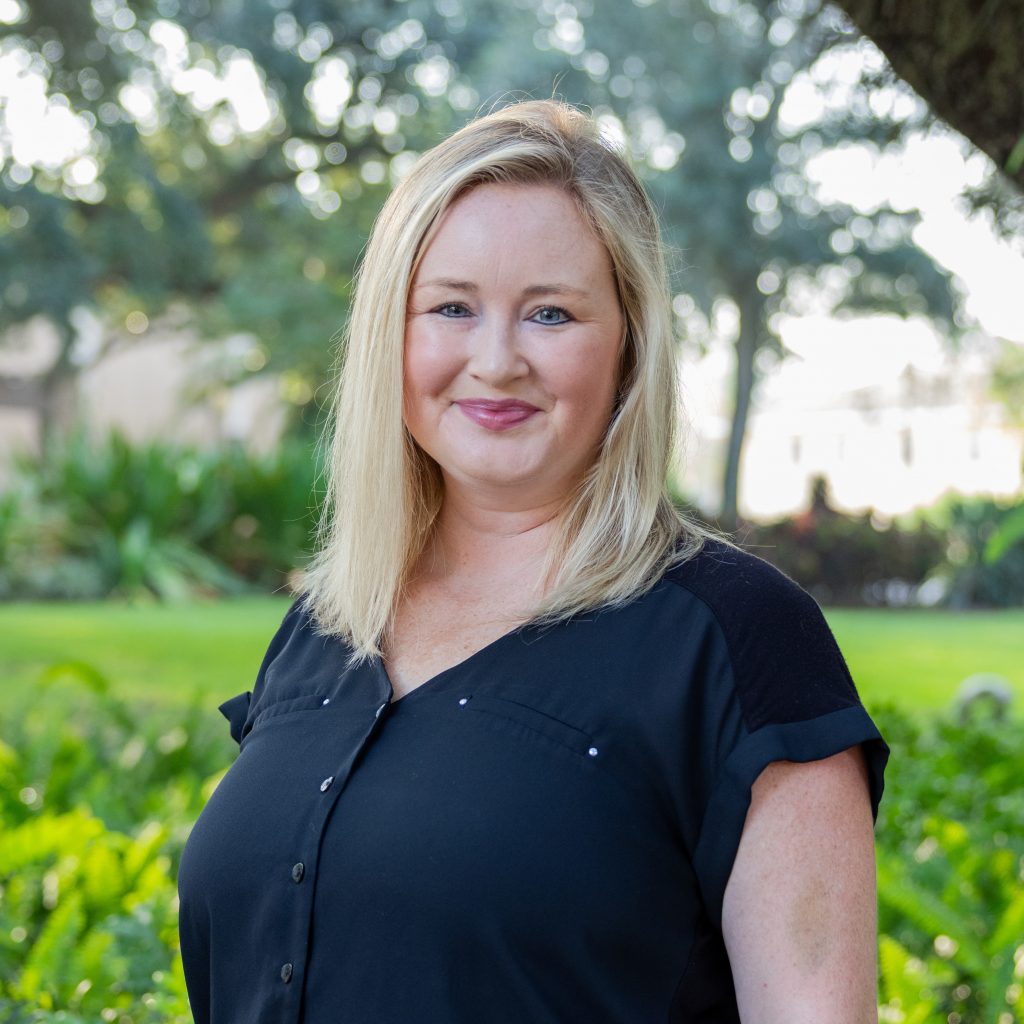
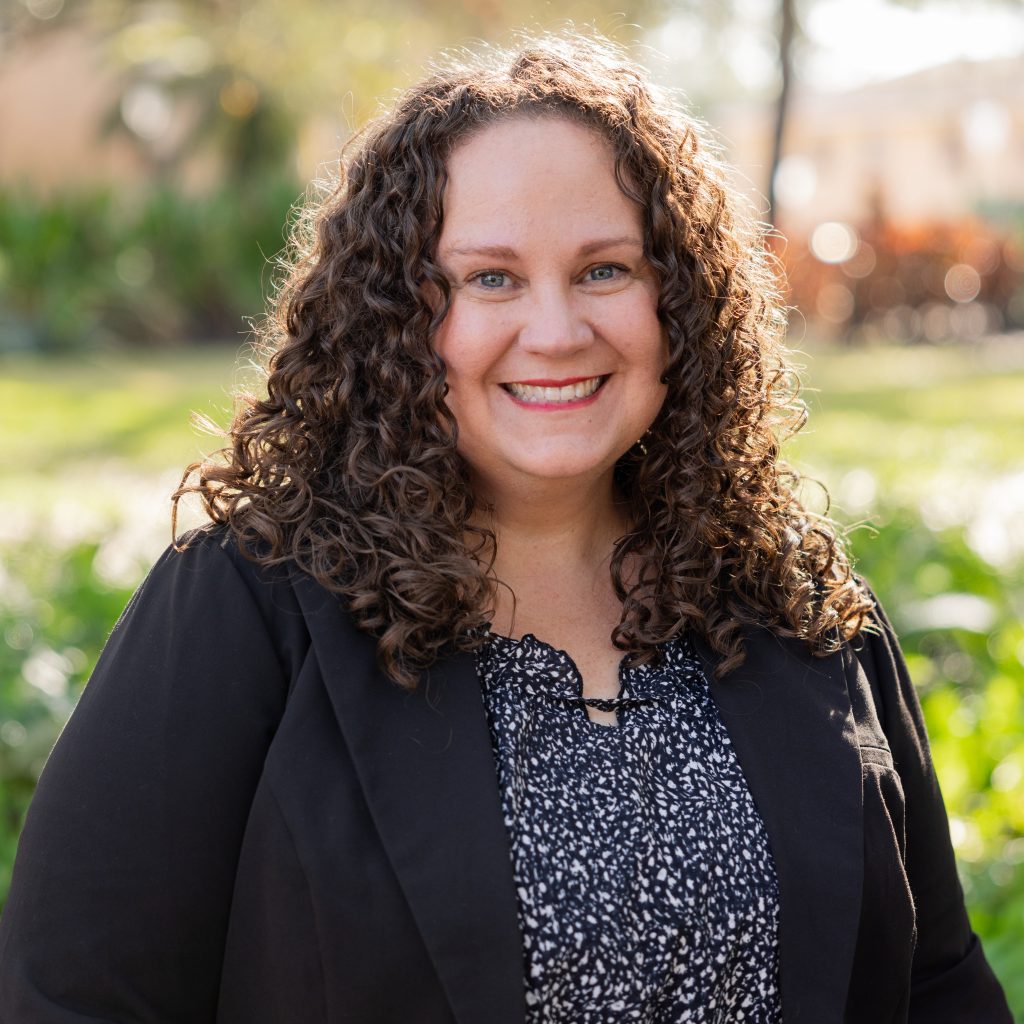
Watch this video for step-by-step instructions on how to find the name and email of your assigned advisor, or contact advising@seu.edu.
How does advising help me?
Academic advising is a partnership between the academic advisor and student. Your advisor supports you along your academic journey by assisting you with course selection, helping you set academic goals, and guiding you to make responsible decisions consistent with the requirements of your degree.
Why should I meet with my academic advisors?
Meeting with your academic advisors will help prepare you for course selection and registration consistent with your major, and support you with graduation planning, so it’s highly recommended to contact your advisor as you begin to choose your classes.
How do I prepare for my advising meeting?
Before your meeting, be sure to take these important steps:
How do I register for classes?
You can register for classes in JICS. Watch this video for step-by-step instructions on registering for traditional (campus-based) classes.
What does it mean if I have an advising hold?
If you have an advising hold, this means you need to schedule an advising session with your faculty advisor before you can register for classes.
How do I add or change a major, minor, or certificate?
Log in to MySEU from the One Login Dashboard, hover over Academics, select Registrar, and complete the Major/Minor Declaration Form for Traditional & Online Students.
Your enrollment counselor will assist you through your first week at SEU and then you will be assigned to an academic advisor, based on your major, who will support you through the rest of your academic journey. If you are a current student that needs to find the name and email of your assigned advisor, watch this step-by-step video or email advising@seu.edu. Keep in mind that if you change your major, your advisor will also change.
Advisor & Area of Study
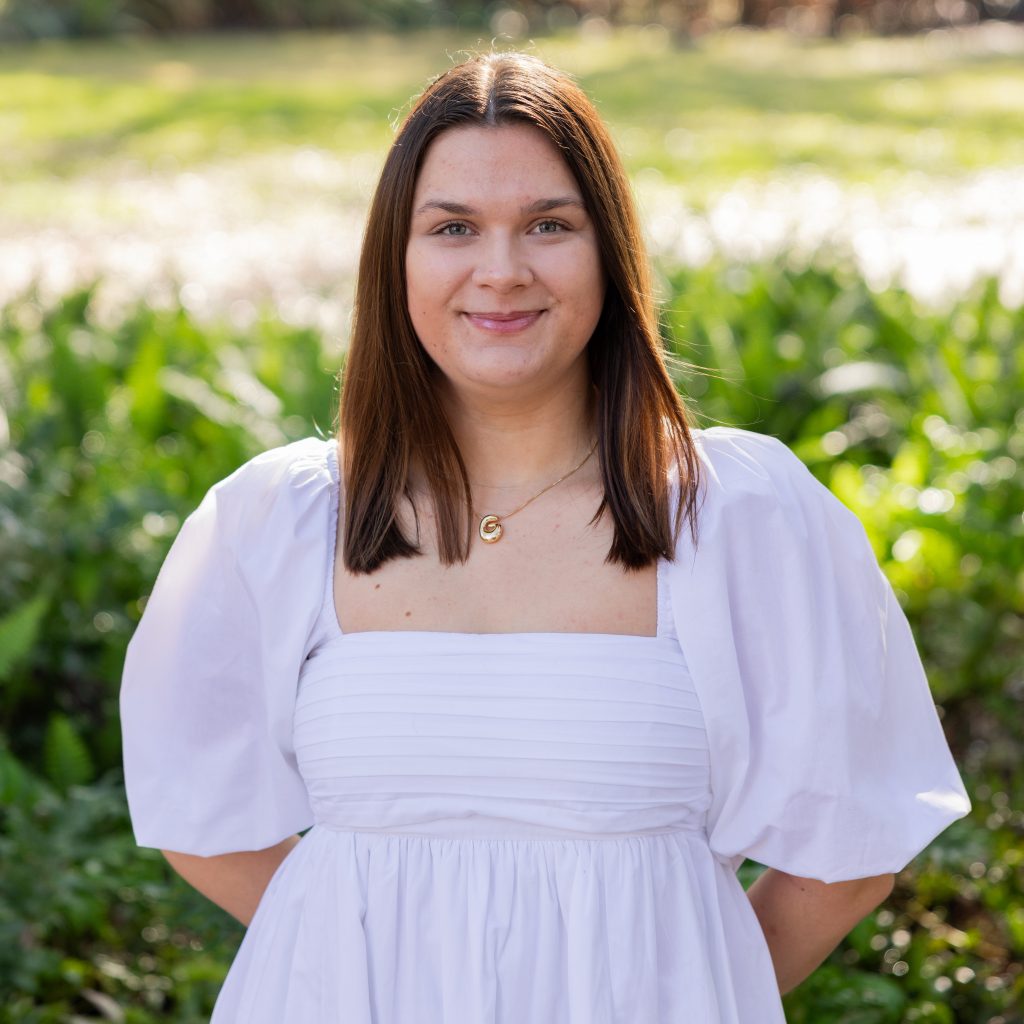
Social Sciences, Humanities, Undeclared, Education, Communication, & Design, Nursing
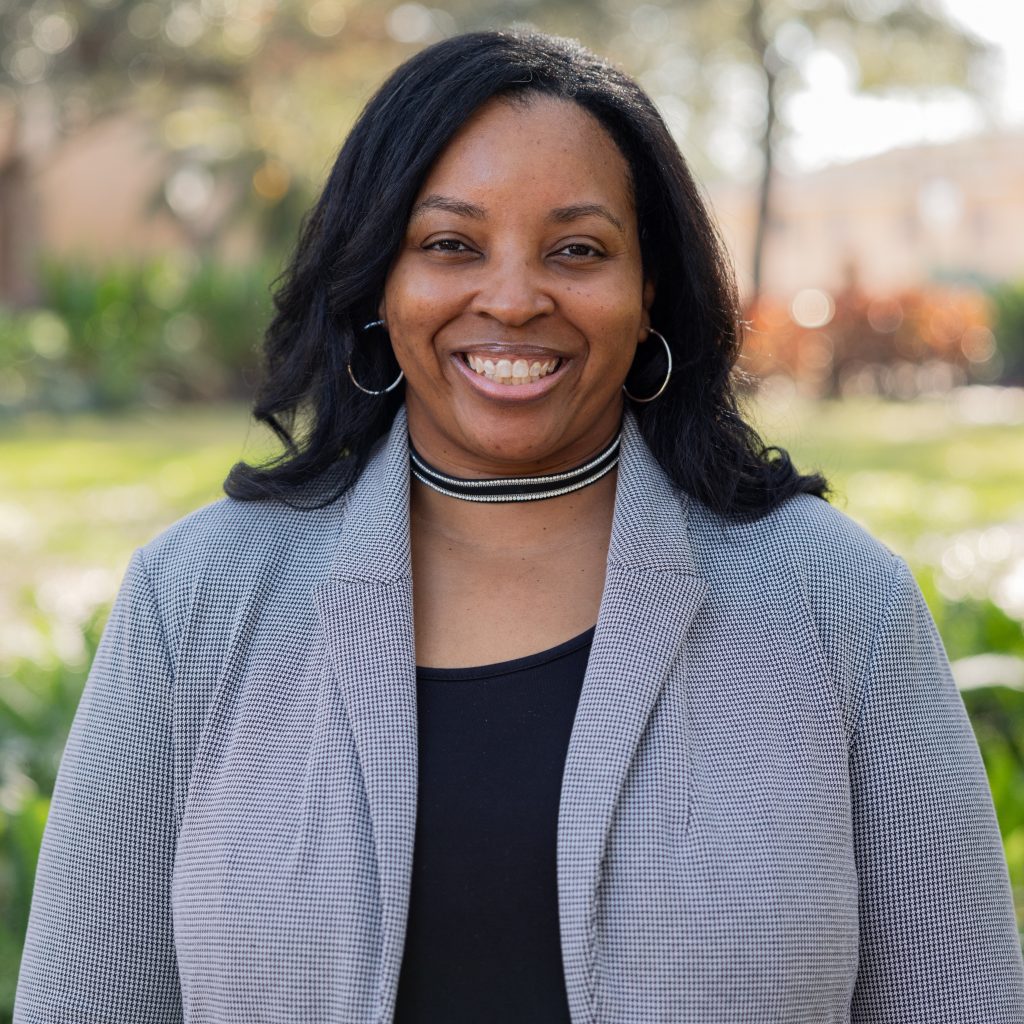
jmstembridge@seu.edu
Make a Virtual Appointment
Ministry and Theology, Business, Professional Studies, and Trades
How does advising help me?
Academic advising is a partnership between the academic advisor and student. Your advisor supports you along your academic journey by assisting you with course selection, helping you set academic goals, and guiding you to make responsible decisions consistent with the requirements of your degree.
Why should I meet with my academic advisor?
Meeting with your academic advisors will help prepare you for course selection and registration consistent with your major, and support you with graduation planning, so it’s highly recommended to contact your advisor as you begin to choose your classes.
How do I prepare for my advising meeting?
Before your meeting, be sure to take these important steps:
How do I register for classes?
You can register for classes in JICS. Watch this video for step-by-step instructions to register for online classes.
How do I add or change a major, minor, or certificate?
Log in to MySEU from the One Login Dashboard, hover over Academics, select Registrar, and complete the Major/Minor Declaration Form for Traditional & Online Students.
Your academic advisor is assigned to you based on your partner site location. Contact your site or advising@seu.edu to find out who your site’s advisor is (or watch this step-by-step video).
Keep in mind that if you change partner sites, your advisor will also change.
Advisors
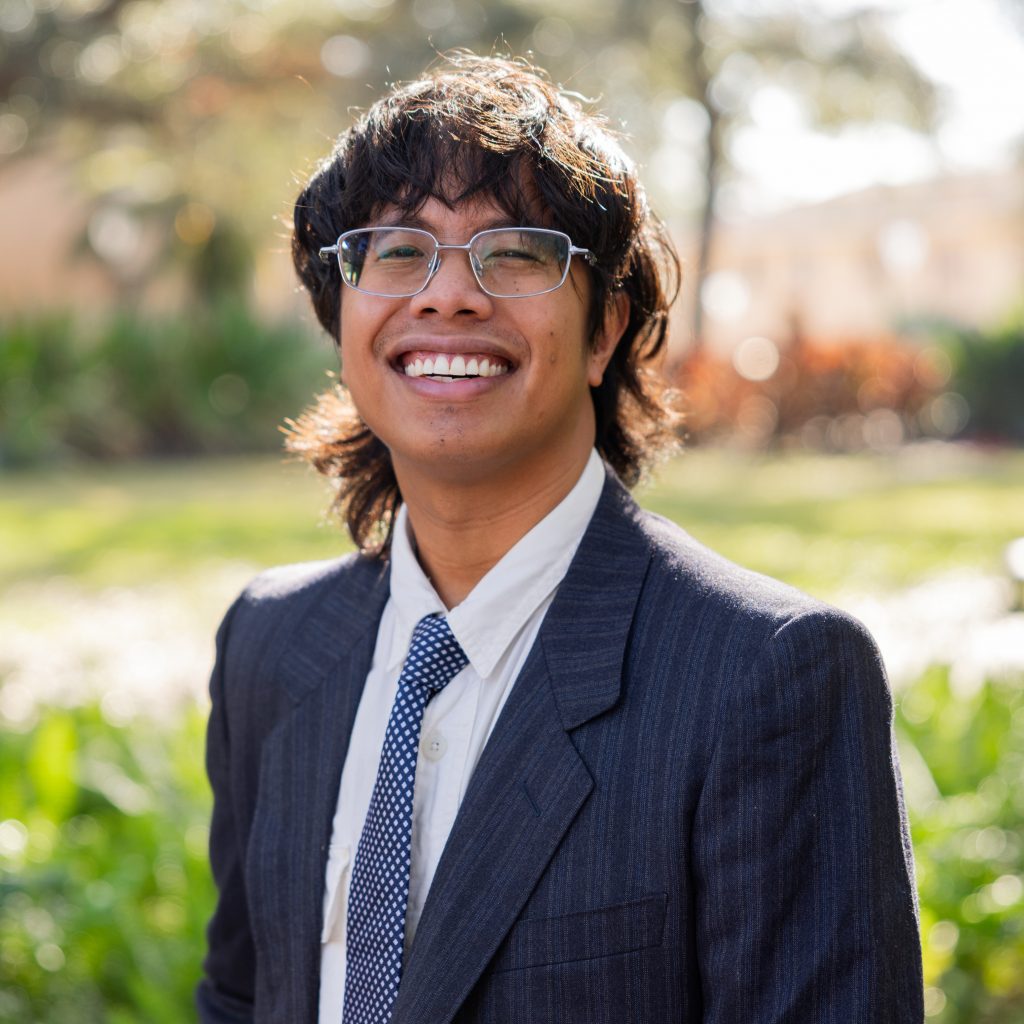
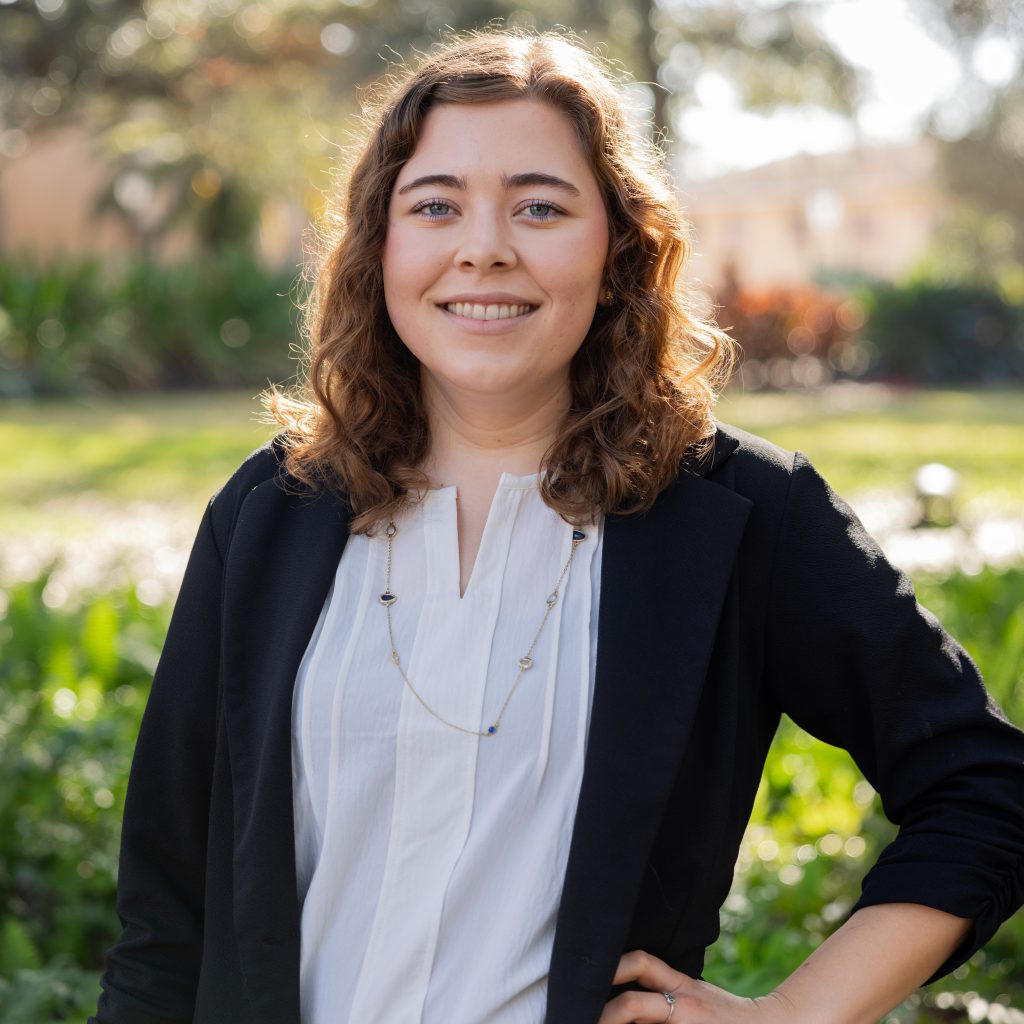
How does advising help me?
Academic advising is a partnership between the site director, academic advisor and student. Your advisor supports you along your academic journey by assisting you with course selection, helping you set academic goals, and guiding you to make responsible decisions consistent with the requirements of your degree.
Why should I meet with my site director & academic advisors?
Meeting with your site director and academic advisors will help prepare you for course selection and registration consistent with your major, and support you with graduation planning, so it’s highly recommended to contact your advisor as you begin to choose your classes.
How do I prepare for my advising meeting?
Before your meeting, be sure to take these important steps:
How do I register for classes?
You can register for classes in JICS. Watch this video for step-by-step instructions to register for partner site classes.
How do I add or change a major, minor, or certificate?
Log in to MySEU from the One Login Dashboard, hover over Academics, select Registrar, and complete the Major/Minor Declaration Form for Partner Site Students (Regional Campus, Partner Site, & Ministry Partners/Plus).
Your advisor is a faculty member in your department and they are the best resource for course questions and planning. For step-by-step instructions on how to find the name and email of your faculty advisor, watch this video or contact advising@seu.edu.
For additional help with the registration process, watch this video. You can also contact the Office of the Registrar at registrar@seu.edu.


** Need Content Here **
Is SEU accredited?
Southeastern University is accredited by the Southern Association of Colleges and Schools Commission on Colleges to award associate, baccalaureate, masters, and doctorate degrees.
This is the Commission that accredits SEU and authorizes the university to offer degree programs and financial aid. This is the same Commission that accredits many other institutions like University of Florida, Auburn University and Georgia Tech. You may contact the Commission on Colleges at 1866 Southern Lane, Decatur, GA 30033-4097 or call 404-679-4500 for questions about the accreditation of Southeastern University.
What degree programs are available?
The degree programs offered at our site are listed in the “Degree Program” section of your site’s partner webpage. Click here to select your site. Each SEU partner site offers ministry-related programs, and many sites supplement these offerings with non-ministry program options that may include majors like business administration, leadership, psychology, communications, and human services. If you have questions about the specific degree programs offered at our partner site, please contact the Site Director for more information.
Is student housing offered?
SEU does not provide housing for students at partner sites. However, some church partners offer housing services as an optional benefit for participants in church-affiliated ministries. Often these options involve host homes with church families or preferred pricing with local apartment communities. Please contact the Site Director to inquire about the availability of such options with the local church partner.
Are extension site students eligible for the academic scholarships listed on the SEU website?
No, because extension site students receive highly discounted tuition rates, you are not eligible for institutional scholarships. These scholarships are for main campus students. Extension site students are eligible for federal aid by submitting the FAFSA.
How do I know who my enrollment counselor is?
Enrollment counselors are assigned by site. Please contact your site director to find out who your enrollment counselor is.
Enrollment Counselor Contact Information
Do I need to submit ACT or SAT scores?
No, SEU is test optional. Please view our admission requirements here.
When do I find out about financial aid?
After you are accepted, you will receive an award letter emailed to your SEU email within two weeks. Financial aid cannot be determined prior to acceptance.
Are extension site students eligible for the academic scholarships listed on the SEU website?
No, because extension site students receive highly discounted tuition rates, you are not eligible for institutional scholarships. These scholarships are for main campus students. Extension site students are eligible for federal aid by submitting the FAFSA.
What financial aid options are available to partner site students?
Students at SEU extension sites and regional campuses may be eligible for federal financial aid, including grants and loans. You must complete the Free Application for Federal Student Aid (FAFSA) to see what you may qualify for. SEU’s academic scholarships are not available to extension site & regional campus students. Students may also apply for third-party scholarships.
What expenses can my financial aid cover?
Financial aid is provided primarily to cover tuition and fee costs charged by Southeastern University. However, it may also be used to cover additional program expenses included in your Cost of Attendance (COA) such as books, supplies, transportation, and living expenses.
When are funds disbursed?
In order for loan funds to disburse, Student Financial Services must first confirm all documents have been completed and half-time enrollment has been confirmed by faculty through the Office of the Registrar for each semester. Depending on your schedule, this may cause disbursement times to vary by student.
As an example, a student who is enrolled in 3 credit hours in Term A and 3 credit hours in Term B (with half-time enrollment being defined as 6 credit hours) would not have their loan funds disbursed until after enrollment for the Term B course has been confirmed. However, a student who is in 6 credits all in Term A would be eligible for loan funds to disburse after enrollment has been confirmed in Term A.
Should I bring my car to campus, or is there public transportation I can use?
You are welcome to bring a car to SEU, even as a freshman, but if you choose not to, you can use Lakeland’s public bus system for free. We have a bus stop right in front of campus, and students can ride around Lakeland by simply showing their school ID card.
Do I have to be a Christian to attend SEU?
Yes, one of the requirements for admission to Southeastern as an undergraduate student is that you claim Jesus Christ as your Lord and Savior. We understand that all Christians are at different points in their walk with Christ, but all our students should have made a commitment to follow Christ before attending SEU.
Is Southeastern University accredited?
Southeastern University is accredited by the Southern Association of Colleges and Schools Commission on Colleges to award associate, baccalaureate, masters, and doctorate degrees. Contact the Commission on Colleges at 1866 Southern Lane, Decatur, GA 30033-4097 or call 404-679-4500 for questions about the accreditation of Southeastern University. Click here to learn more.
Are students required to attend chapel?
Yes, we do require students to attend a certain number of chapel services each semester. However, there are multiple chapel services each week, in addition to Discipleship group meetings which also count toward your chapel requirement. Learn more about Chapel at SEU.
Is SEU affiliated with a particular denomination?
Yes, Southeastern has been affiliated with the Assemblies of God since our founding. However, we welcome students from many different denominational backgrounds, including Baptist, Presbyterian, Methodist, Catholic, non-denominational and many others. In fact, the majority of our students are from backgrounds other than the Assemblies of God. The community at SEU shares a strong commitment to Christ and making Him known, and we celebrate our theological similarities while also appreciating our differences and learning from each other.
Are there good options for local churches in Lakeland?
Lakeland has plenty of great churches for students from any Christian background. There are large churches, multisite churches and also lots of small community churches where students can get plugged in and serve. We encourage students to attend a local church.
What kind of activities are available in and around Lakeland?
We love this question because there are so many great answers. Lakeland has lots to offer from parks and recreation to shopping to community events and more. We’re also within 45 minutes of theme parks such as Disney, Busch Gardens, SeaWorld, Legoland, etc., as well as beaches in the Tampa Bay area. Our students love the small-town feel of Lakeland, while still being so close to the great entertainment activities that central Florida has to offer in Tampa and Orlando. Click here to learn more.
Questions about graduation? Visit this page for everything you need to know. You can also log in to MySEU for specifics on applying for graduation.